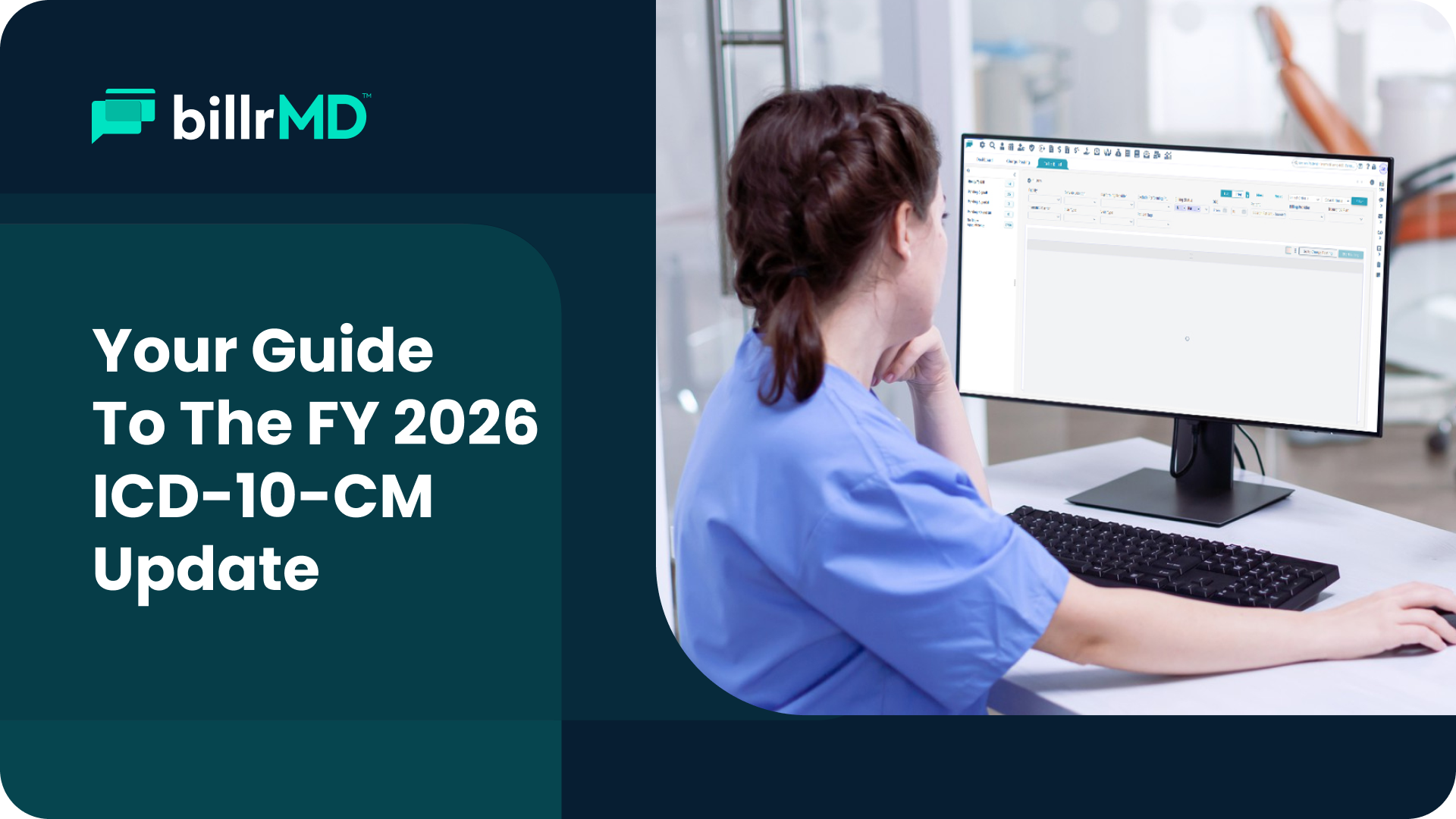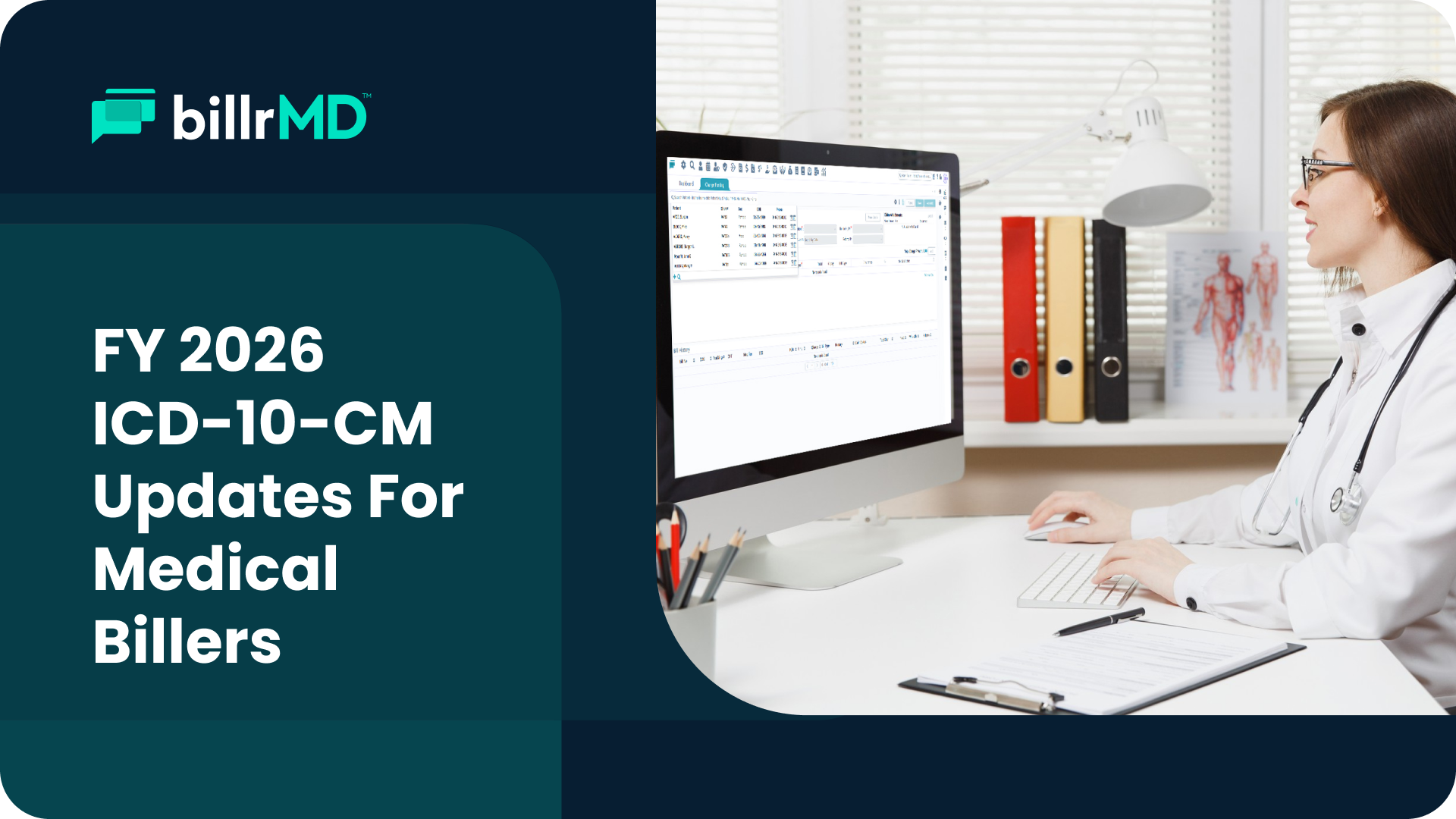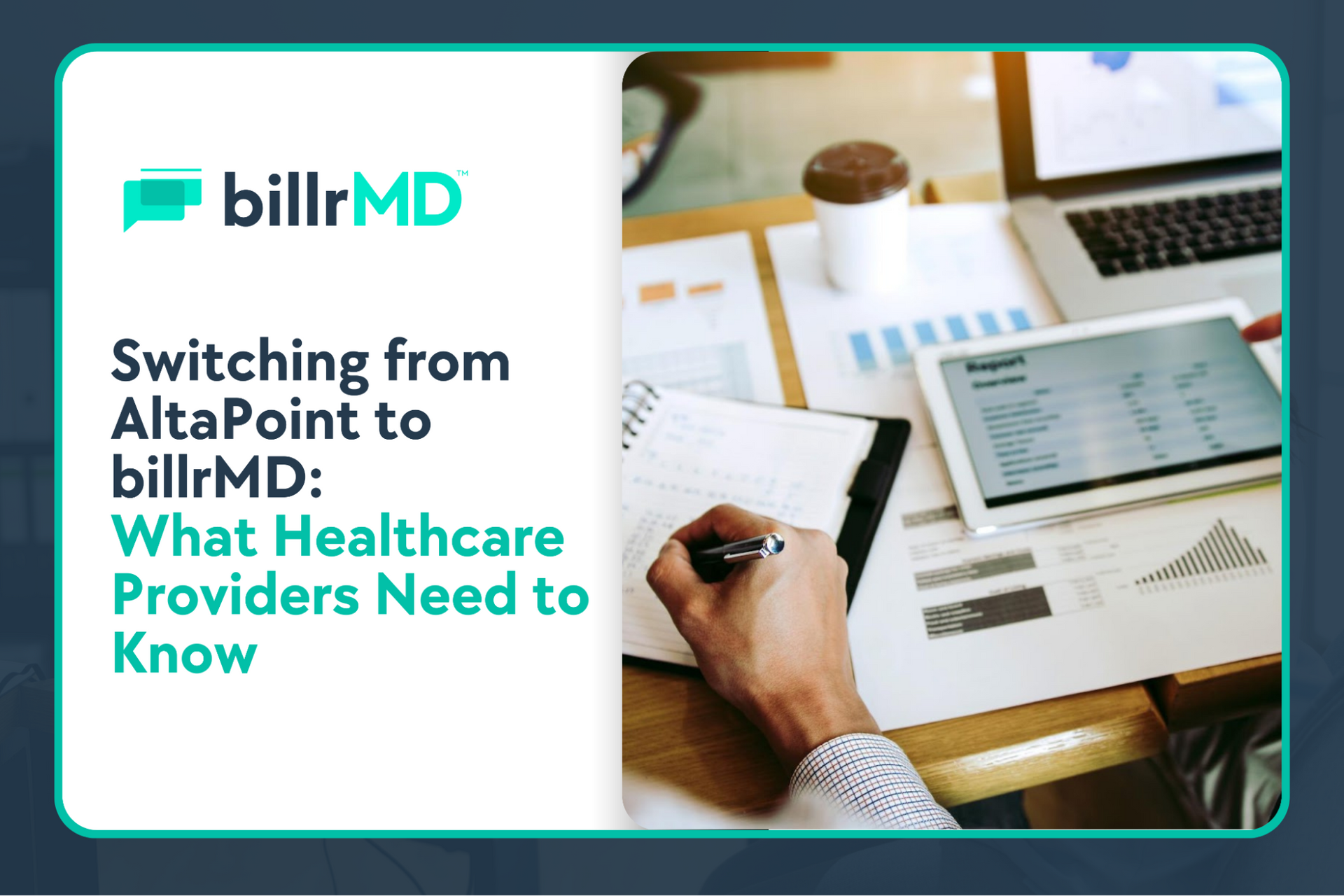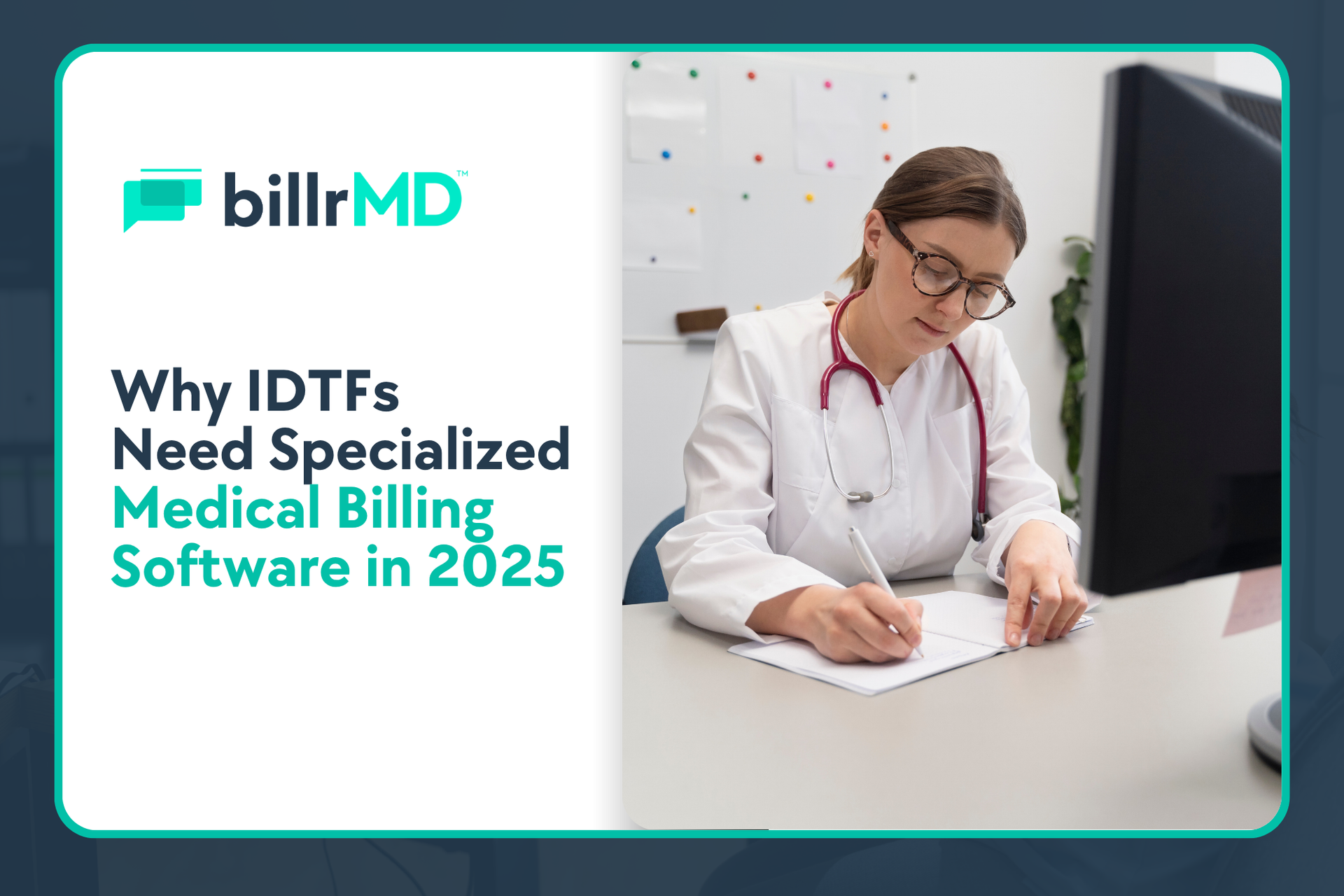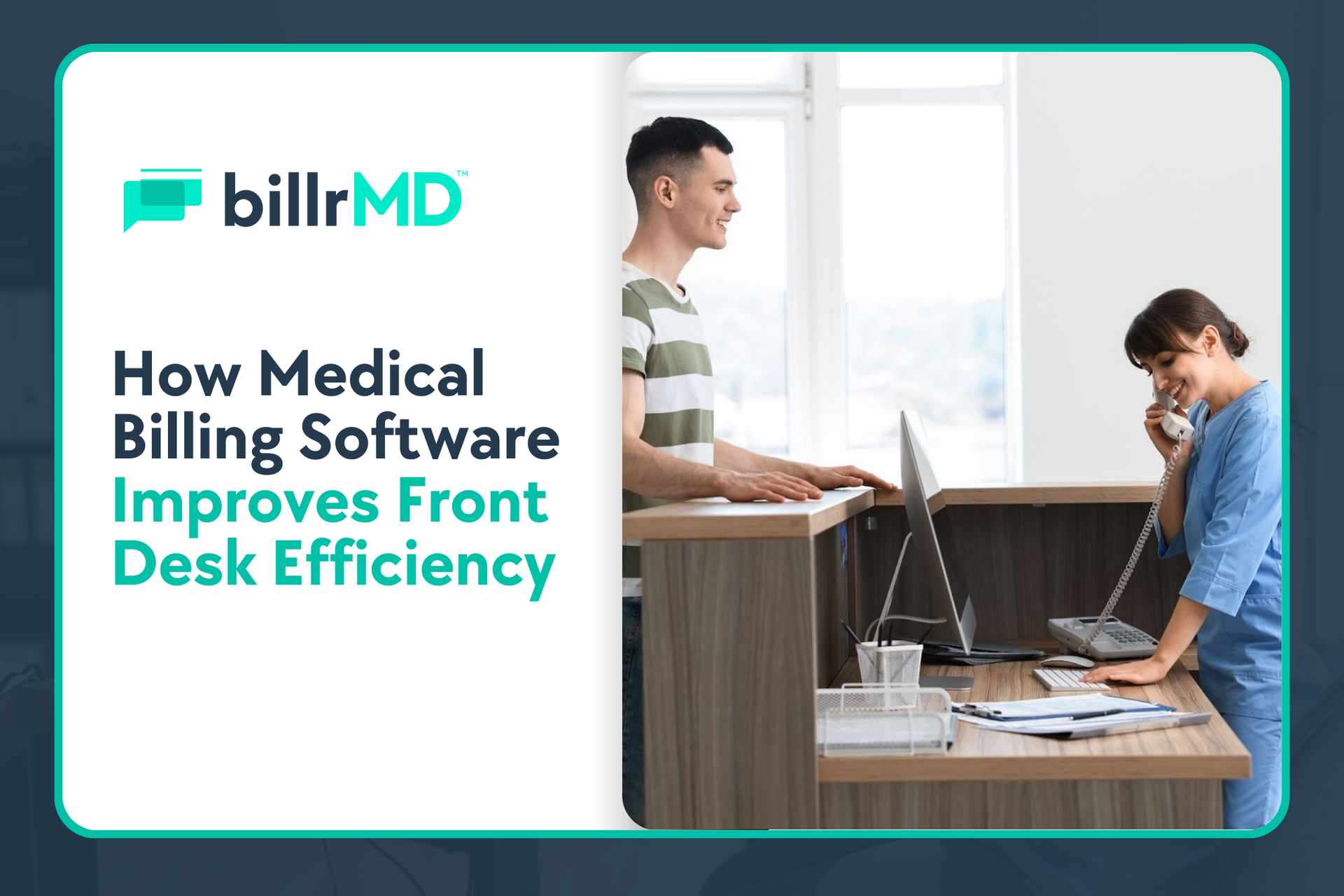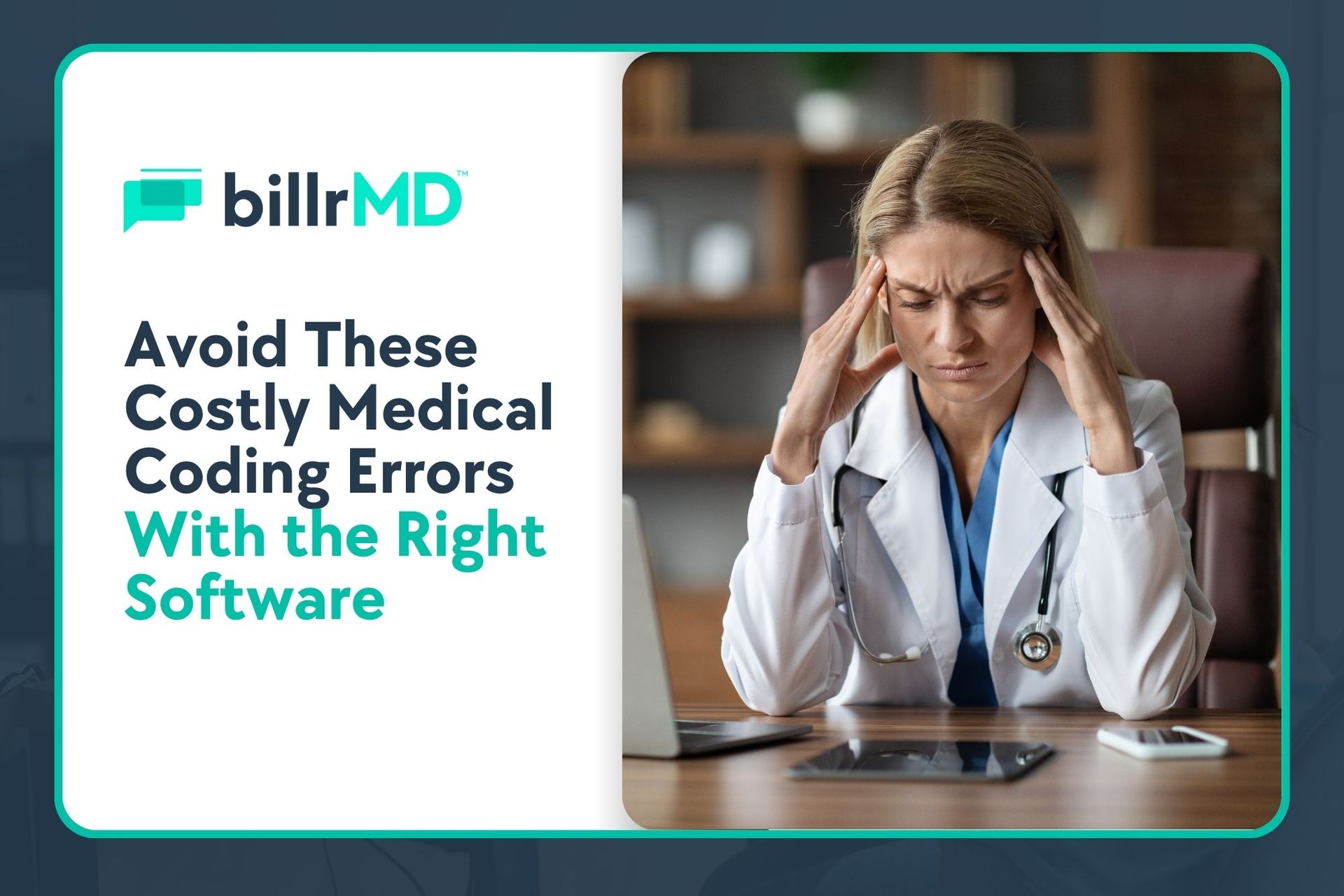The Future of Medical Billing & Why Adaptive Software Is Key

Necessity, as they say, is the mother of invention. It may seem poetic, but it underlines humanity's tendency to adapt and create new solutions only when necessary. With the healthcare industry's rapid evolution, providers and practices must move away from this way of thinking, especially in areas that directly impact business health, such as medical billing.
In today's fast-paced and highly connected world, medical billing is more technology-driven and dependent than ever. Understanding the future of medical billing technology could help you adapt to industry disruptions better and faster.
This blog will discuss the emerging challenges, trends, and opportunities in medical billing and how adaptive practice software can help you thrive and succeed.
Challenges Hounding Medical Billing

Despite the advancements in medical billing technology, there are still challenges that threaten your practice’s financial viability. From the constantly changing regulations and guidelines to crippling staff shortages, pay cuts, and rising healthcare costs, here’s a look into medical billing’s potential pitfalls:
Read More:
How to Cushion the Impact of the 2023 Medicare Pay Cut
1. Increased Regulatory Compliance
Medical billing has become more complex and demanding with the introduction of new laws and regulations, such as the Affordable Care Act (ACA), the No Surprises Act of 2022, and other regulatory statutes. Healthcare providers and practices must learn to comply with these regulations while ensuring their billing practices are accurate and transparent, adding another layer of burden to an already overwhelming process.
Read More:
What is the No Surprises Act & How Does It Affect My Practice?
2. Complex Coding System
Medical billing involves complex coding systems such as the International Classification of Diseases (ICD) for identifying patient diagnoses and the Current Procedural Terminology (CPT) for the services rendered. While these codes standardize and simplify medical billing, they can be challenging to understand and implement. That's where sophisticated medical billing software solutions can make a huge difference.
3. Increasing Patient Responsibility
Patients' increasing financial responsibility is a cause for concern for any medical practice. As patients become more responsible for a significant portion of their healthcare costs, more pressure is put on your shoulders to collect payments promptly, efficiently, and effectively. This requires a combination of a streamlined billing process to avoid burning your staff out and transparent billing practices that are easy for patients to understand and follow.
Medical Billing Trends to Watch Out For

To stay ahead of the curve, keeping up with the latest trends and developments in the medical billing world is essential.
1. Increased Use of Web-Based Technology
Fast, convenient, and efficient—these traits best describe the ideal state of modern medical billing. With steep patient expectations and increasingly demanding requirements, sophisticated medical billing solutions are more crucial now than ever.
While conventional billing systems are still plenty powerful to address your current billing needs, advanced solutions like online billing software future-proof your practice, giving you a much-needed competitive edge.
Read More:
5 Advantages to Cloud-Based Practice Management Software
2. Patient-Centered Billing
Patients now demand the same fast and convenient experience they're used to in other service industries from their healthcare providers. You should adopt a more patient-centric approach to your medical billing practices to meet those expectations. This means prioritizing clear and concise patient statements that are easy to understand and offering convenient payment options like credit cards and other cashless payment methods.
What Does an Adaptive Medical Billing Software Look Like?

In today’s digital age, mobility is an invaluable feature for any technology solution; there’s nothing more mobile than online tech. So it goes without saying that adaptive medical billing software has to be web-based. With web-based software, you can access your practice from anywhere as long as your laptop or desktop computer is connected to the internet.
Another characteristic of adaptive software is versatility. That means it should support multiple functions across your practice operations in one platform, from practice management to your entire RCM system.
As a web-based medical billing and practice management platform,
billrMD checks all those boxes. Whether you’re a start-up practice looking to gain momentum or an established organization with multiple clinics,
billrMD's scalable packages cater to practices of all sizes.
Read More:
Why billrMD is the Best Software For Your Small Medical Practice
Backed by 25 years of innovation, billrMD offers features that meet your current needs, from
scheduling and insurance eligibility verification to a complete RCM solution with a
credit card processing system.
The Future Is Bright For Medical Billing Technology

As new and innovative solutions emerge, practices can look into the future with hope and optimism. Medical billing technology is increasingly becoming more sophisticated, automating manual workflows, reducing errors, and accelerating payment collections—billrMD being a case in point.
With the right medical billing software and an understanding of maximizing each feature, you can streamline your practice's revenue cycle management (RCM) and increase your bottom line.



